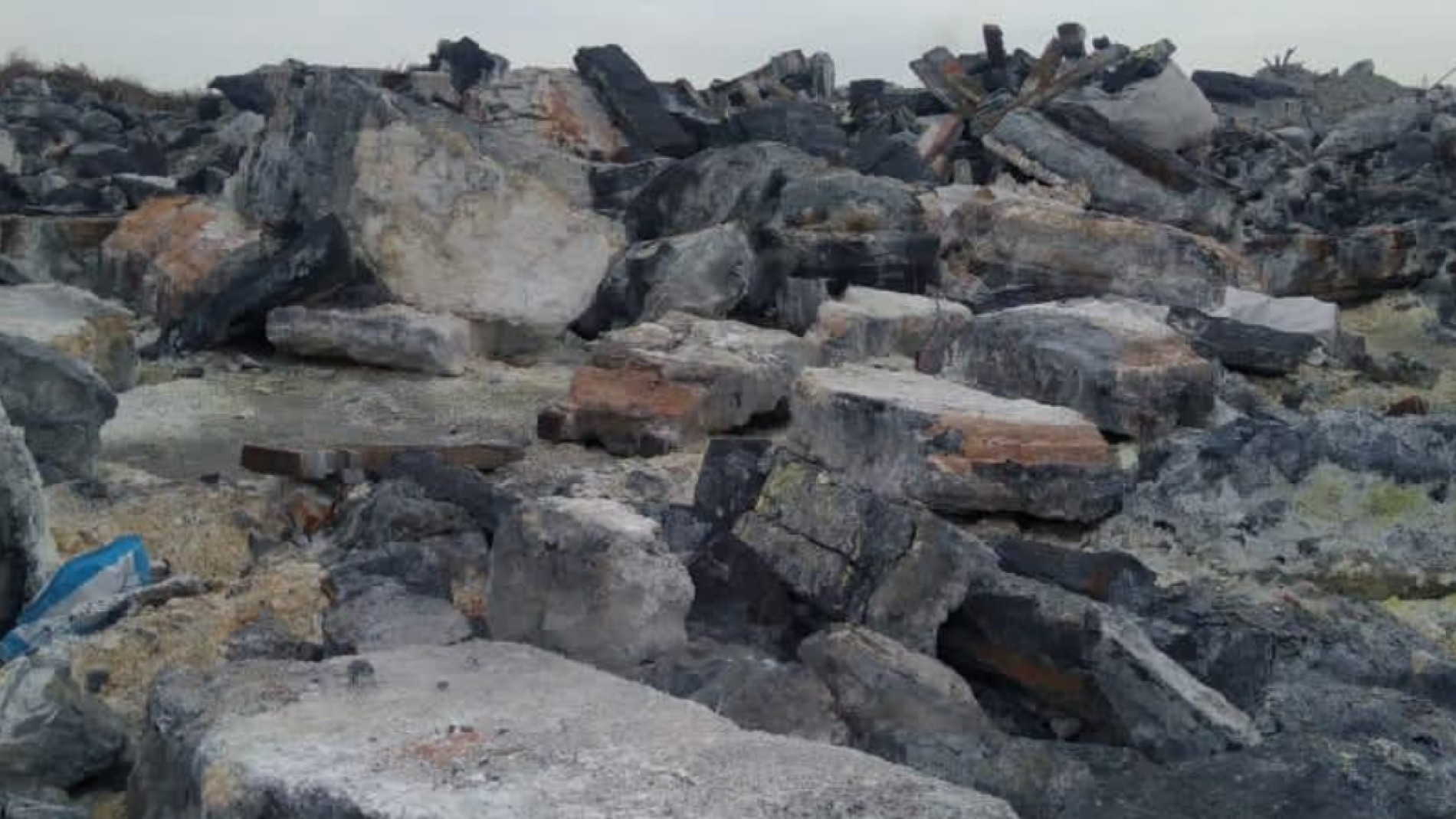Ozoneum, recognized for its expertise in environmental remediation, has been tasked with a crucial mission in Eastern Europe: conducting a comprehensive study on the processing of Spent Pot Lining (SPL) and exploring innovative ways to repurpose landfilled SPL that currently poses a significant environmental hazard. This initiative underscores the pressing need to address the looming threat of SPL contamination, with vast quantities of this hazardous waste languishing in open landfills, risking leaching into groundwater and causing ecological harm.
The proliferation of SPL, a byproduct of aluminum smelting, presents a formidable challenge in Eastern Europe, where inadequate disposal practices have led to the accumulation of SPL in landfills, exacerbating environmental degradation. Ozoneum’s involvement in this study signifies a proactive step towards mitigating the adverse impacts of SPL contamination, leveraging its technical prowess and environmental stewardship to develop sustainable solutions that minimize environmental risks and promote ecological resilience.
Through meticulous research and analysis, Ozoneum aims to unravel the complexities surrounding SPL processing and identify viable avenues for repurposing landfilled SPL. By collaborating with local stakeholders, including government agencies, environmental organizations, and industry experts, Ozoneum seeks to harness collective expertise and foster a multi-faceted approach to SPL management that balances environmental sustainability with economic viability.
The study conducted by Ozoneum will encompass a holistic evaluation of SPL processing technologies, considering factors such as efficiency, cost-effectiveness, and environmental impact. From thermal treatment methods to chemical recycling processes, Ozoneum will explore a spectrum of innovative techniques aimed at transforming landfilled SPL into valuable resources, thereby mitigating the risks of groundwater contamination and environmental degradation associated with open landfill disposal.
As Ozoneum embarks on this pivotal study, its endeavors hold promise for a greener, more sustainable future in Eastern Europe. By repurposing landfilled SPL through innovative processing techniques, Ozoneum aims to not only mitigate environmental risks but also unlock economic opportunities and promote circular economy principles. Through collaborative partnerships and informed decision-making, Ozoneum seeks to catalyze positive change, transforming SPL from a hazardous waste burden into a valuable resource for environmental sustainability and community well-being.

